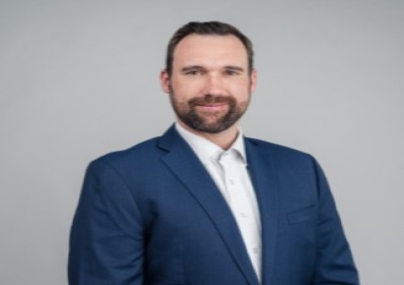
For nearly every business, venturing into a new market comes with unforeseen complexities and uncertainty. For social media companies, which manage information flows and news, and can be somewhat broadly defined, the risks and challenges are continuing to evolve. In jurisdictions where market rules aren’t so clear cut, such challenges can trigger a variety of operational risks, making the situation incredibly complex. Managing a global digital company with branches across the world is no mean feat, but for social media companies, the risks can be immense — from the proliferation of “fake news” to moderation policies around hate speech and propaganda, social media companies are manoeuvring new challenges while facing growing scrutiny from governments and regulators.
In recent years, Facebook in particular has illustrated just how far-ranging these challenges can be. India is the social media giant’s biggest market, with more than 300 million users, but recently, the U.S.-headquartered company has come under fire for its content moderation in the world’s largest democracy, with accusations of political bias. Currently, the company is also mired in a scandal in India’s eastern neighbour, Myanmar, a country that stands accused of perpetrating genocide against its Rohingya Muslim community.
In markets where laws continue to be hewn, companies must look ahead to preemptively mitigate the risks, while also relying on careful compliance planning to help guide them through the uncertainty.
WHAT TYPES OF ISSUES DO SOCIAL MEDIA COMPANIES FACE WHEN ENTERING MARKETS WHERE THE LAWS AREN’T SO CLEAR-CUT?
Between navigating laws and balancing freedom of speech and hate speech concerns, social media companies can find themselves entangled in multiple regulatory nets. Social media businesses have in the past described themselves in somewhat fluid definitions, but increasingly governments are taking a harder stance.
Sheena Jacob, partner and co-head of the media and technology practice at CMS Holborn Asia, tells Asian Legal Business that there can be a variety of challenges for social media operations spread across various markets.
“In such a situation, issues facing social media companies would include having to consider the existing laws regulating media and news in these markets, especially new laws regulating social media, political, racial and religious sensitivities,” Jacob says.
But, of course, it’s far from a one-size-fits-all solution. “The global rise of ‘fake news’ and hate-speech have driven governments to push for greater regulation and companies must meet legal requirements in each country, which can differ widely from one country to another,” she says.
But it isn’t just strictly about compliance — there can be longer term reputational side effects for companies that don’t act proactively. In 2018, for example, United Nations investigators singled out social media in Myanmar as having “substantively contributed to the level of acrimony and dissension and conflict… within the public.”
WHAT SORT OF GLOBAL RISK AND COMPLIANCE PROGRAMMES DO SOCIAL MEDIA COMPANIES NEED IN ORDER TO KEEP THEIR OPERATIONS SAFE?
According to Jacob, social media companies must be prepared for a broad range of risks.
“To keep operations safe, social media companies need to have a proper framework for risk management, in particular in areas such as cybersecurity, data protection and privacy, intellectual property infringement, misconduct and fraud,” she says.
But companies also need to extend such policies to encompass other social media specific challenges.
“In addition, companies need to have robust programmes for administration of the sites to deal with illicit online activity,” says Jacob. “The risk and compliance framework should be part of an overarching ecosystem which establishes 1) proper governance and structure in identifying and managing social media risks, 2) proper processes to monitor and protect operations in a cost-effective way and 3) proper systems to manage and secure data, and to mitigate social media risks,” she adds.
WHAT ARE SOME OF THE DANGERS OF SOCIAL MEDIA COMPANIES FAILING TO MANAGE REPUTATIONAL RISKS?
Consumer perception being negatively affected is one of the key risks of social media companies, should they fail to manage reputational risks, says Jacob “especially in areas such as data protection, data privacy and content ownership.”
But there are other considerations which vary from market to market. “Companies could also face legal consequences in the jurisdictions they operate in, depending on the nature of the laws and the severity of the risk event,” notes Jacob.
Another critical consideration, says Jacob, is for all social media companies to prioritize proactive risk management and incorporate strong governance and processes into internal operations and procedures.
“Many established players already do this,” says Jacob. “It is also important for companies to have a comprehensive knowledge of the various cultural, legal and operational environments, and to maintain a positive working relationship with relevant governing bodies in the jurisdictions they operate in,” she adds.
To contact the editorial team, please email ALBEditor@thomsonreuters.com.


